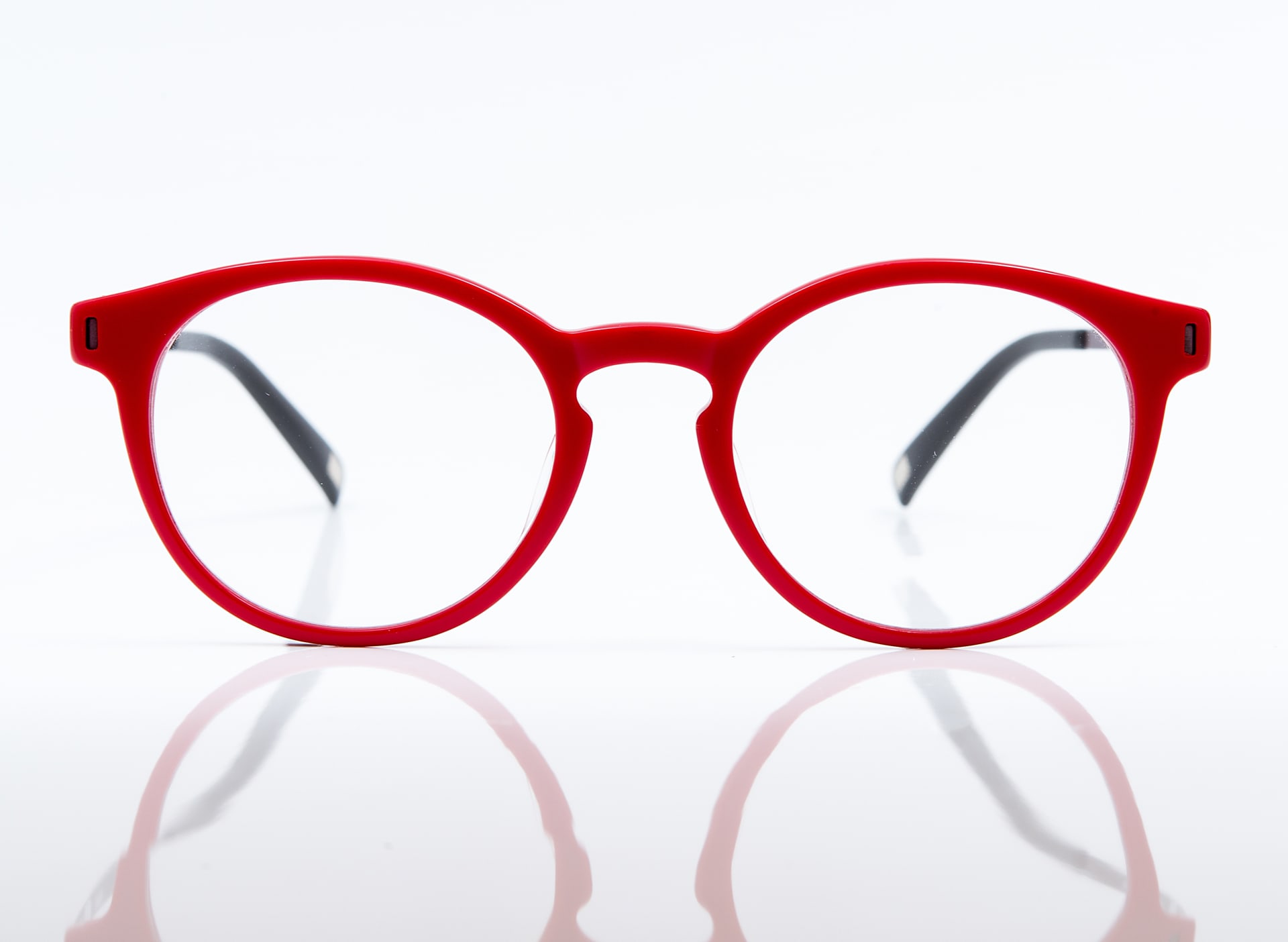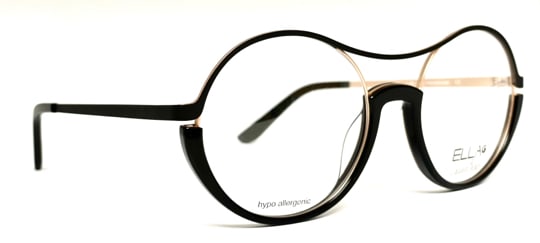Allergies are a common problem that affects millions of people worldwide. They occur when our immune system reacts to certain substances, such as pollen or dust, and releases chemicals that cause inflammation. One of the most common symptoms of allergies is itchy and watery eyes, which can be very uncomfortable and disruptive to daily life.
Allergies may contribute to the development of dry eyes, a condition where the eyes do not produce enough or good-quality tears. Dry eyes can cause discomfort, redness, and even vision problems if left untreated.
How Do Allergies Affect Our Eyes?
When we come into contact with an allergen, our body releases histamine and other chemicals to fight the perceived threat. These chemicals cause blood vessels in our eyes to dilate, leading to redness and inflammation. They also stimulate the nerves in our eyes, causing itchiness and watery discharge.
Moreover, allergies can affect the production of tears in our eyes. When our eyes are exposed to allergens, they may produce excess tears as a defensive mechanism. These tears can wash away the allergens, but they also dilute the natural oils in our tears that keep them from evaporating too quickly. Insufficient lubrication of the eyes can contribute to dry eye syndrome.
Managing Allergies & Dry Eyes
If you suffer from allergies and have symptoms of dry eyes, it is essential to manage both conditions to find relief. Here are some tips to help alleviate the discomfort caused by allergies and dry eyes:
- Avoid allergens: Identify and avoid the substances that trigger your allergies, such as pollen, dust, or pet dander.
- Use artificial tears: Artificial tear drops or lubricating eye drops can help temporarily relieve dry eyes and flush out allergens.
- Take allergy medication: Over-the-counter or prescription allergy medications can help reduce the body’s response to allergens and alleviate symptoms. Be sure to consult with a doctor before taking any medication.
- Practice good eye hygiene: Wash your eyes regularly with warm water to keep them clean. This can help remove any allergens that might have come into contact with them.
- Use a humidifier: Adding moisture to the air can help alleviate dry eyes, especially during winter when central heating can dry the air. Consider using a humidifier in your home or office.
- Wear sunglasses: Wearing sunglasses outdoors can help protect your eyes from allergens and reduce symptoms of dry eyes.
- Consult an eye doctor: If symptoms persist and are affecting your daily life, it is essential to consult an eye doctor. They can help diagnose and treat any underlying conditions that may be causing your dry eyes and provide personalized recommendations for managing allergies.
Other Factors That May Contribute to Dry Eyes
While allergies commonly cause dry eyes, other factors may contribute to this condition. These include:
- Age: Our eyes naturally produce fewer tears, leading to dryness and irritation.
- Gender: Women are more likely to experience dry eyes compared to men due to hormonal changes during pregnancy, menopause, or while taking birth control pills.
- Medications: Certain medications, such as antihistamines, decongestants, and antidepressants, can reduce tear production and cause dry eyes.
- Environmental factors: Exposure to smoke, wind, and dry air can contribute to dry eyes.
- Screen time: Spending long hours in front of electronic devices can cause eyestrain and reduce blinking, leading to dry eyes.
Taking Care of Your Eyes
In addition to managing allergies and other factors contributing to dry eyes, taking care of your overall eye health is essential. This includes:
- Getting regular eye exams: Regular check-ups with an eye doctor can help identify any potential issues early on and prevent them from worsening.
- Taking breaks during screen time: To reduce strain on your eyes, follow the 20-20-20 rule–every 20 minutes, look away from your screen and focus on an object at least 20 feet away for 20 seconds.
- Maintaining a healthy diet: A diet rich in omega-3 fatty acids, vitamin A, and antioxidants can help keep your eyes healthy.
- Avoiding smoking: Smoking not only increases the risk of developing dry eyes but can also lead to other serious eye conditions such as cataracts and macular degeneration.
- Getting enough sleep: Adequate rest is essential for your overall health. Lack of sleep can lead to dry eyes and other eye problems.
- Wash or wrap your hair before bed: If you’ve spent a lot of time outside, pollen can stick to your hair, which can irritate your face and eyes. Wash or wrap your hair before bed to keep pollen away from your face.
Find Relief for Dry Eye Syndrome in West Michigan
Allergies are a significant factor that can lead to the discomfort of dry eyes. The irritation and inflammation caused by allergic reactions disrupt the natural balance of tear production, resulting in symptoms that range from mild irritation to severe dryness. Next time you experience dry eyes, don’t just reach for the eye drops—take a moment to consider if allergies may be playing a role.
At West Shore Eye Care, our team can provide expert guidance and personalized treatment options to help manage dry eye syndrome and other eye conditions. Contact us today to schedule an appointment and take the first step towards healthy, comfortable eyes.























